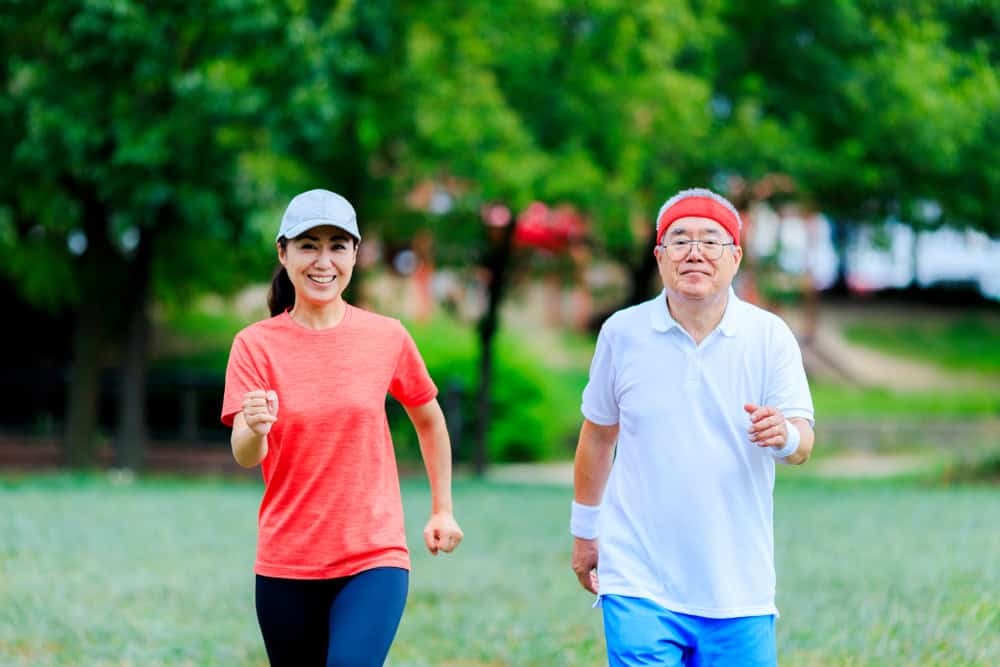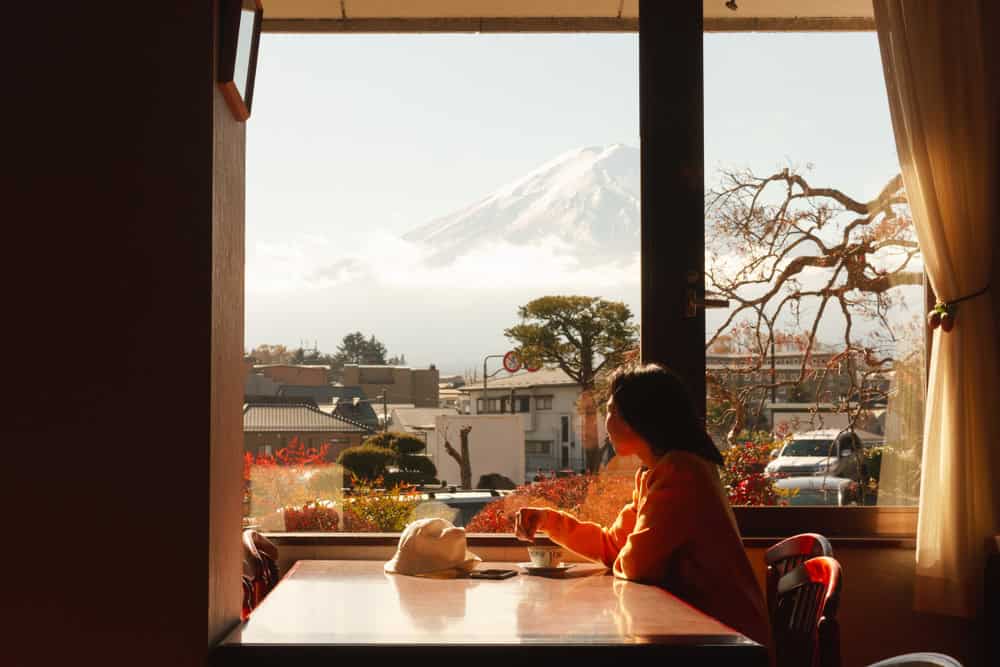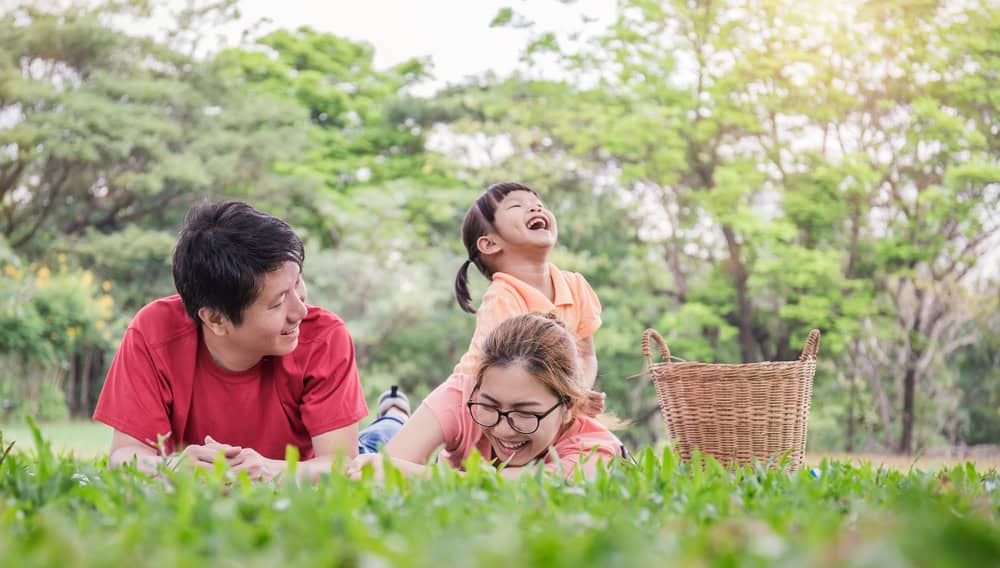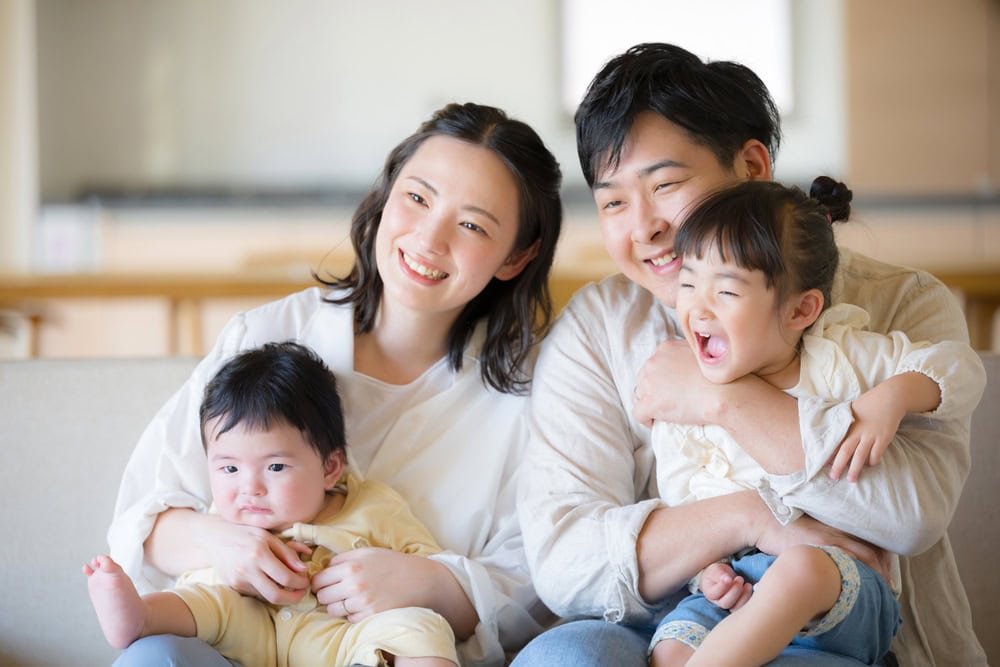
The very first time I heard the term ‘’Shin Gi Tai’’ still sticks in my memory. I was watching a documentary about Japanese martial arts, and expecting it to be all about punches, kicks, and karate.
But at the halfway mark, the instructor said something that stuck with me: “A warrior’s strength is not only in his hands or feet but in his mind and heart.” And that is Shin Gi Tai: mind, technique, and body. It’s not just about fighting; it’s about living what feels like a full life.
Nowadays, in an increasingly chaotic world that often feels more like a never-ending to-do list, the philosophy of Shin Gi Tai offers a new insight. Simple words and ideas, but a little complex in practice. It means aligning your mind, your body, with your skills, and living life more fully (increase personal and professional growth).
The Concept of Shin Gi Tai: More Than a Martial Art
Shin Gi Tai [pronounced “shin ghee tie”] has the literal meaning of ”spirit over technique, technique over strength.” The Japanese characters show spirit as shin, technique as gi, and body as tai, suggesting a hierarchy of mastery that has universal implications in martial arts and life.
We think success is about ”doing,” and we often focus on the most obviously visible things, working harder, moving faster, achieving more. Conversely, Shin Gi Tai reminds us that the ”how’‘ and ”why’‘ we act are far more important than only acting; the hierarchy is clear.
-Shin (Spirit): You must start with a strong desire and a clear vision of what you want to work toward; this is your internal compass, motivation, and the ability to endure difficult situations.
-Gi (Technique): You must then set forth with a strong plan that utilizes carefully chosen techniques to accomplish your goal. Your knowledge of how you will act, especially when things go badly, is as important as your will to act.
-Tai (Body): Finally, you put your plan into action, and it becomes real. It is the body that puts in the work to actualize your intention.
Shin: Peace of Mind in a Distracted World

Honestly, my mind used to be everywhere. Deadlines, messages to respond to, news alerts, and social media scrolls endlessly had me feeling like my mind was drowning in thought. That’s the concept of Shin.
The term Shin relates to having mental clarity and emotional resilience. It does not mean to meditate for hours or become a monk. Even five minutes of allowing yourself to sit in silence and notice your activity of thought can create an incredible stillness in your mind.
One practice I adopted is journal writing. Every morning, I would write down one thing I was grateful for and one intention for the upcoming day. Initially, I thought it was silly, but over the weeks, it began to shape my mindset. I made more enlightened decisions and carried less stress. I was able to be more reactive than overreactive. That’s Shin.
Gi: The Art of Doing Well

Next, Gi is oftentimes thought of as only a martial arts technique. It is about intentional action and mastery of skill in life. Rather than rushing through life, Gi is doing all things with care.
Tai: Respecting Your Body

Tai reminds us that our body is the basis for everything we do. In modern life, we often ignore our physical needs, with hours-long engagements, missing meals, and sleeping less than we should. Tai advises, “If you treat your body well, your body will support you in everything else.”
Tai doesn’t expect you to do a rigorous workout. You can move your body by walking, stretching, doing yoga, doing home workouts, or using other mindful movements to strengthen yourself physically and mentally. I began a few minutes of stretching in the morning. I noticed an alleviation of tension, more energy, and greater focus throughout the entire day
A strong, healthy body is an ally to both your mind (Shin) and skills (Gi), creating a feedback loop that supports your well-being.
Shin Gi Tai in Your Everyday Life

One of the wonderful aspects of Shin Gi Tai is how adaptable it is. You don’t have to be a martial artist to benefit. So, let’s get started:
- Morning Reflection (Shin): Do a few minutes of silence, writing, or mindful breathing.
- Skill Practice (Gi): Select one thing or habit to improve each day (cooking, writing, a work task, etc.).
- Physical Awareness (Tai): Move your body in ways that are energizing and strengthening.
- Combine All Three: Meditate (Shin), practice a skill (Gi), and as you do so, notice your posture and breath (Tai).
Advantages in Everyday Life

Upon introducing Shin Gi Tai consistently into my life, I experienced:
- Less stress and more emotional control
- More pleasure in mundane tasks, from cooking to writing
- A stronger and more present body to help with clarity of mind
- A sense of fulfillment from hard work and progress, rather than just completing a task
- It is subtle but transformational. Life feels quieter, fuller, and more worthwhile in every way
Final Takeaway: Why is Shin Gi Tai Important Now?

For a world that is obsessed with speed, output, and multitasking, Shin Gi Tai teaches that balance comes first. To develop a healthy spirit, learn good technique, and take care of your body is the path to true and meaningful success.
Most people burn out chasing success without clarity, planning, or health. Shin Gi Tai reminds us that doing a thing well is far more valuable than doing a thing, and it emphasizes that fulfillment comes not from busyness, but rather from alignment.
FAQs
Q. What does Shin Gi Tai mean at its simplest?
Shin Gi Tai literally means spirit, technique, and body. In Shin Gi Tai, we try to align mental clarity (Shin), practical technique (Gi), and physical strength (Tai) in our work to achieve true proficiency in martial arts, as well as life.
Q. Can Shin Gi Tai be applied outside of martial arts?
Yes! It can be applied more broadly for personal & professional development, strengthens relationships, and total wellbeing as it improves mindset, motivates to learn more practical skills, and helps to achieve good health.
Q. What is a good way to practice Shin Gi Tai in daily life?
Start small. Take a few minutes to check in with your life priorities, goals (Shin), commitment to the refinement of one skill or habit each day (Gi), and begin to integrate physical activity, & movement with intention (Tai).
Q. Why will Shin (spirit) always be more important than technique or body?
Shin is foundational. Without clarity, motivation, vision, & techniques or physical efforts alone won’t guarantee successful outcomes.
Q. What are the advantages of using Shin Gi Tai in life, work?
Decreases stress, increases focus, improves mastery, strengthens the body’s vessels, and provides fulfillment as it can create balance in mind, skill, and actions.
(The article is written by Deepa Sarkar, Medical Writer, and reviewed by Monalisa Deka, Senior Health Content Editor)